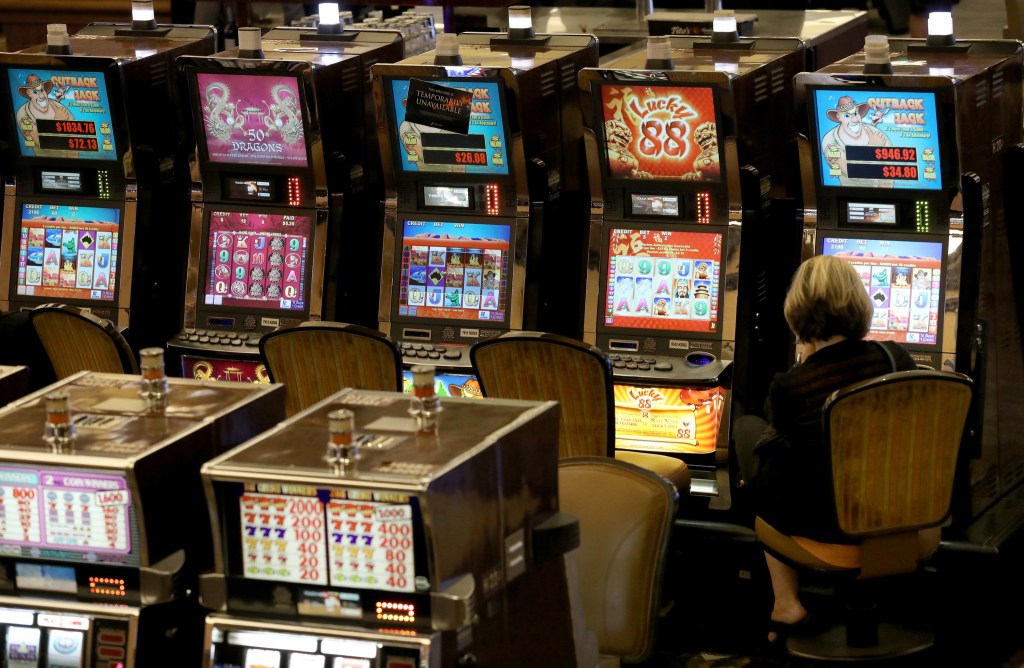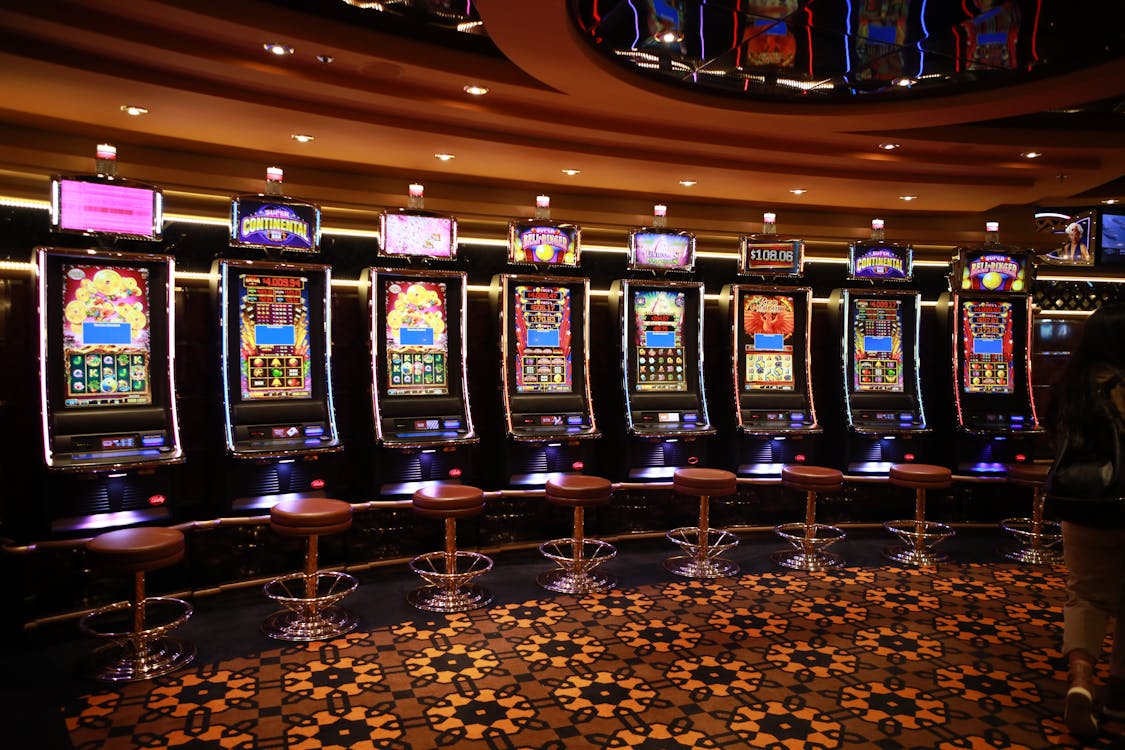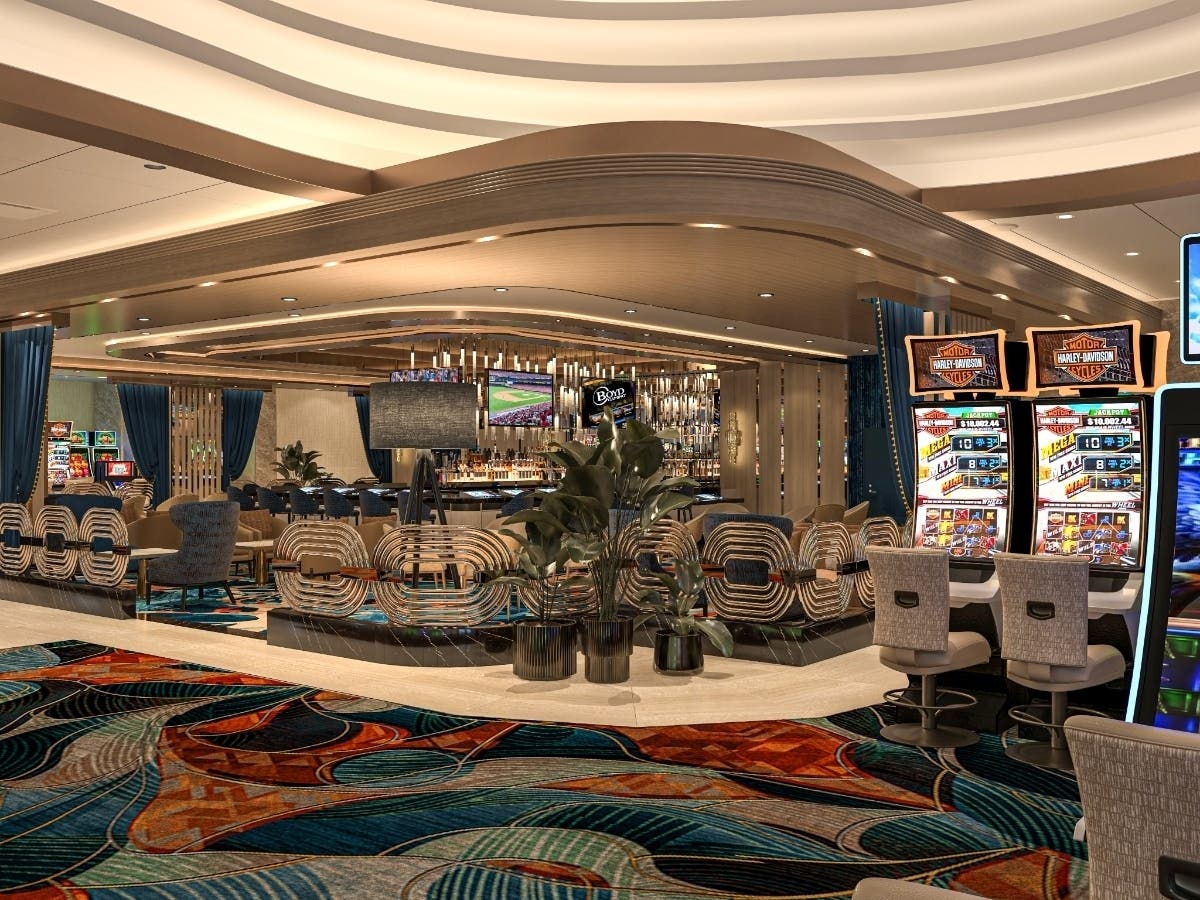Key Points
- New York State Assembly passed bill for Steve Cohen to pursue a casino license
- The Metropolitan Park could increase jobs and local economy
- Skeptics are concerned of environmental factors
New York Mets owner Steve Cohen moved closer to realizing his vision of an $8 billion casino and entertainment complex in Queens. On May 14, 2025, the
New York State Assembly voted
138-7 to pass a bill allowing the use of a 50-acre city-owned parkland near Citi Field for the project, known as Metropolitan Park.
The legislation, a critical step, positions Cohen to be awarded a casino license by the state’s Gaming Commission by the end of 2025.
The bill addresses the legal hurdle of parkland alienation. The Assembly’s overwhelming support signals strong backing for Cohen’s proposal, which includes a casino, hotel, restaurants, and green spaces. The project promises economic benefits, with developers estimating 15,000 construction jobs and 3,700 permanent unionized jobs upon completion.
The Assembly’s vote marks a notable milestone, but Cohen’s team acknowledged that securing a license is not guaranteed.
The next steps bring uncertainty at state Senate
The bill faces hurdles in the state Senate, where support is uncertain despite advancing through the Senate’s Committee on Cities in April without any committee members voting in favor. Senate approval is required for the bill to become law, allowing Cohen to seek New York City’s zoning and land-use approvals.
State Senator Jessica Ramos opposes the project, citing its potential harm to working families in immigrant neighborhoods. The proposed 3.7-million-square-foot complex, with towers over 20 stories, has also faced criticism for its size and environmental impact.
There’s concern that the casino would eliminate the chance for a true public park in Queens, which has the least parkland among New York City’s boroughs at just 7% of its area. Environmental advocates have called it a “predatory casino” that prioritizes profit over community needs. They highlight the lack of a larger-scale impact study on displacement and environmental justice concerns in the area.
Mixed levels of support exist between the public and Council
Cohen’s team, partnered with Hard Rock International, has invested heavily in lobbying and public relations to build support. A
report from Bloomberg
indicates that millions were spent on campaigns targeting lawmakers and local organizations.
Karl Rickett, a spokesperson for Metropolitan Park, emphasized the project’s community-driven vision, citing support from the Queens Chamber of Commerce and local transportation advocates.
Local Assemblymember Larinda Hooks and her predecessor, Jeff Aubry, have endorsed the project, as have all five Queens community boards and City Councilmember Francisco Moya. The New York City Council approved necessary zoning changes in March, further smoothing the path.
Still, the Senate’s reluctance and Ramos’s opposition could complicate the path forward.
Competing bids intensify
Cohen’s Metropolitan Park is one of several proposals vying for the three downstate casino licenses. Competitors include Resorts World New York City in South Queens, which operates a racino and faces fewer regulatory hurdles, and bids for sites in Coney Island, Hudson Yards, and Times Square.
The Gaming Commission will evaluate applications, due in June, with a local community advisory committee requiring two-thirds approval for each project to advance. The Commission’s decision, expected in late 2025, will determine whether Cohen’s gamble pays off.
The outcome will shape not only the future of Queens but also the broader competition for New York’s lucrative casino market.





